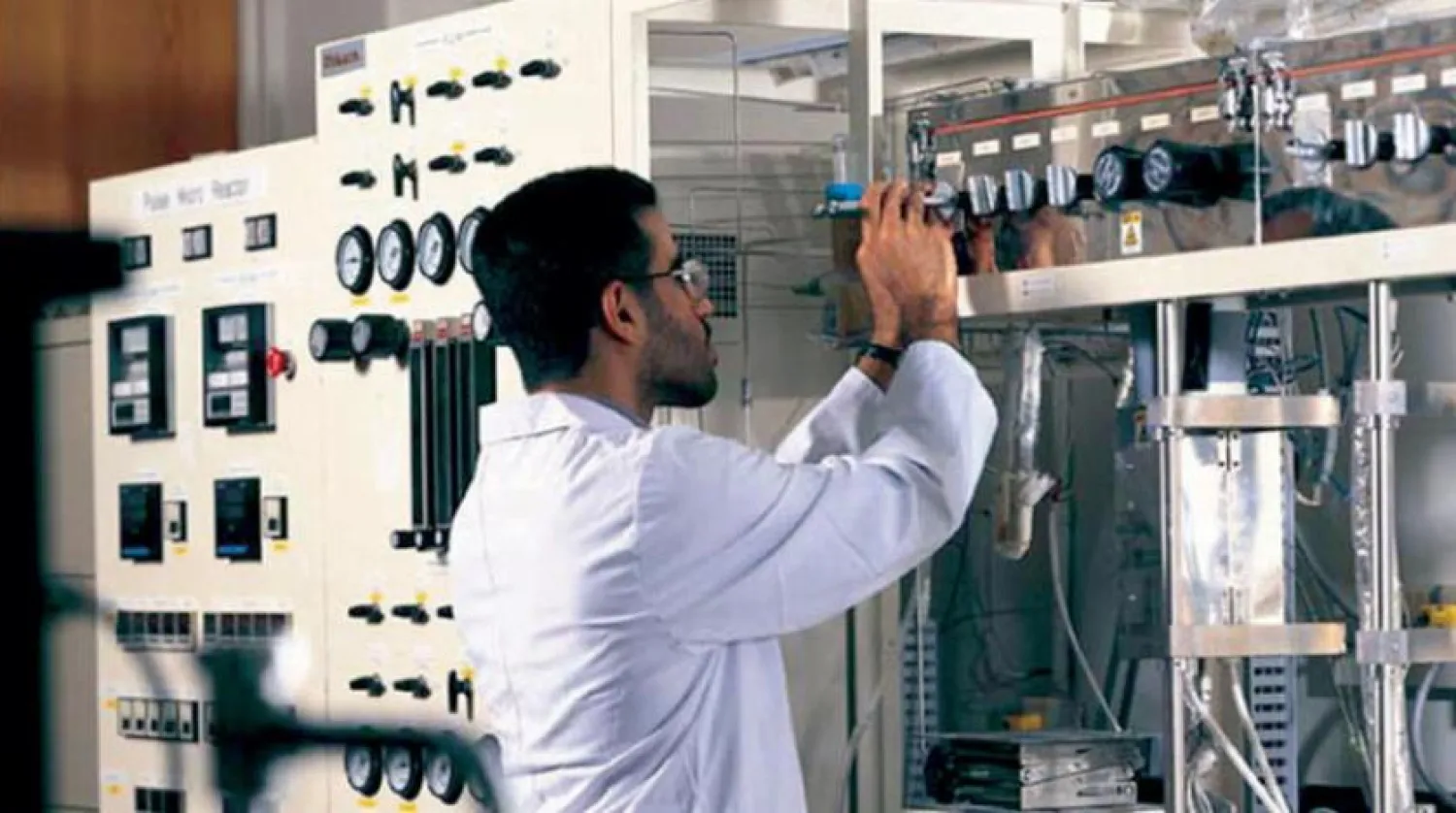The Saudi Authority for Industrial Cities and Technology Zones (MODON) announced that it has increased the number of its industrial cities to 36 by the end of 2020 to include more than 4,000 factories, with investments worth $98 billion.
Director of Marketing and Corporate Communications Department, and acting spokesperson of MODON, Qusay al-Abdulkarim, said that MODON aims to support the industrial sector in the Kingdom through its supervision of industrial cities, complexes, private industrial cities and technology zones.
Abdulkarim stressed that the authority’s performance witnessed a historic shift with the launch of the Kingdom’s Vision 2030.
MODON has a qualitative strategy to empower the industry and increase local content by creating an environment suitable for innovative products and services, capable of keeping pace with the aspirations of its partners in the private sector.
The strategy also aims to attract and localize local and global investments with added value to the industrial cities and help boost the role of the non-oil sector.
He pointed out that there are over 6,500 industrial, service, and logistical contracts, and 945 ready-made factories, while the areas of developed industrial lands increased to nearly 200 million square meters.
He announced the cooperation between MODON and the General Authority for Military Industries to localize 50 percent of military spending and support Saudi plans to make military industries an essential economic development sector.
There are over 915 food and beverage factories in MODON’s industrial cities, and about 173 medical factories that contribute to achieving food and medical security in the Kingdom, according to Abdulkarim.
As part of its plans to adopt the Fourth Industrial Revolution and digital transformation in the industrial sector, MODON launched the National Productivity Program in partnership with the National Industrial Development Fund and King Abdulaziz City for Science and Technology.
The program helps factories achieve the highest production efficiency rates and adopt the Fourth Industrial Revolution.
Abdulkarim pointed out that the industrial cities host over 517,000 workers, including 185,000 males and 17,000 females, working in various industries and fields, such as food and beverage products, medical supplies, metals, building materials, machinery and equipment, vehicles, and many others.
He indicated that MODON is working to enhance the role of women in industrial development and increase their investments in the sector to 20 percent by 2030.









